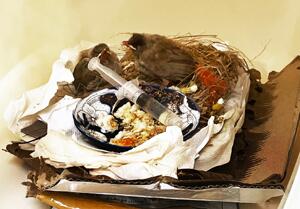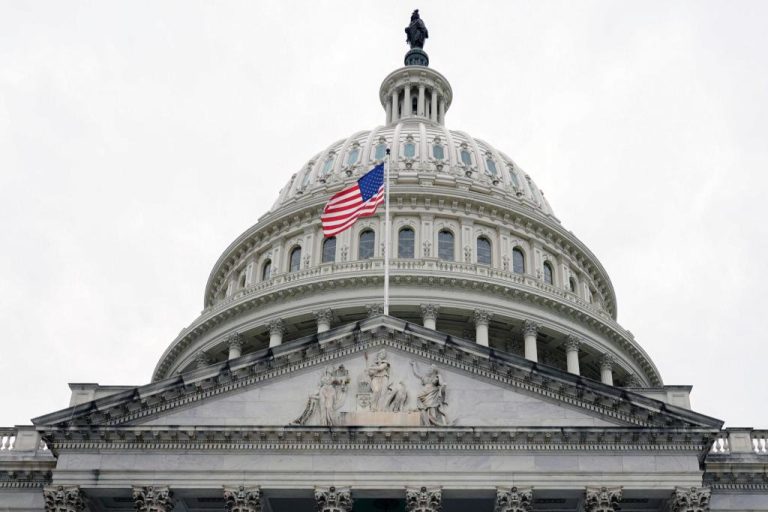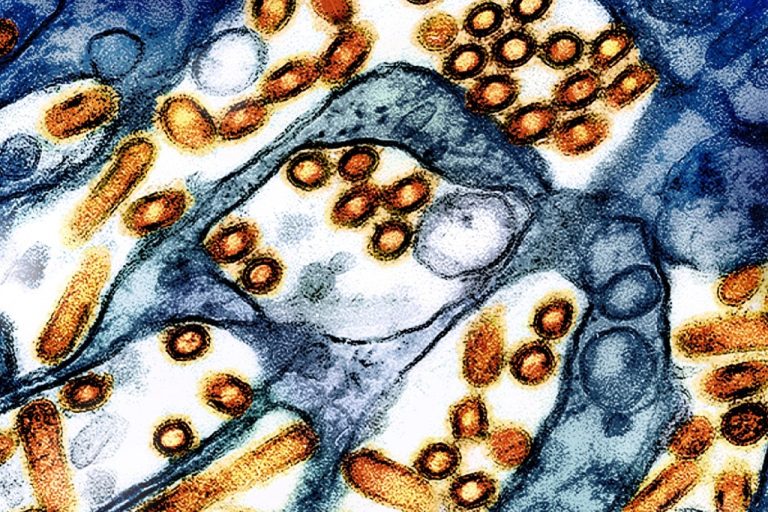
STERLNG, Va. – U.S. Customs and Border Protection (CBP) agriculture specialists seized two live birds on July 16 from a woman who arrived aboard a flight from Dubai, U.A.E.
Airline representatives initially notified CBP that their passenger was transporting the birds on the flight inside, and that the birds were inside an open cardboard box inside a plastic bag. Airline representatives also reported that the woman failed to notify airline gate attendants that she was carrying the birds onto the flight.
CBP agricultures specialists met the flight as it arrived, secured the birds in a filtered crate, and transported the birds to CBP’s agriculture quarantine inspections lab. Agriculture specialists also referred the woman, a naturalized U.S. citizen from Iraq, to a secondary examination to inspect her baggage.
Meanwhile, the U.S. Department of Agriculture’s (USDA) Veterinary Services arrived and inspected the live birds. They identified the birds as juvenile White-eared Bulbuls. the traveler did not possess veterinary certifications to export the birds from Iraq or to import the birds to the United States. The USDA veterinarians confirmed that the White-eared Bulbuls are not a protected or endangered species.
During a baggage examination, CBP agriculture specialists discovered prohibited chicken seasoning and wooden sticks, and seized them as potential threats to U.S. agriculture.
The USDA retained custody of the birds. CBP released the traveler to continue her travel.
Birds present the potential for introducing diseases, such as the virulent Newcastle disease and Highly Pathogenic Avian Influenza (HPAI). Both diseases affect poultry, are serious diseases of concern, and are highly contagious.
“Customs and Border Protection’s agriculture protection mission is vital to our nation’s economic vitality, and CBP agriculture specialists work tirelessly to protect our livestock industries, and particularly our poultry industry, against the introduction of pathogenic diseases,” said Christine Waugh, Acting Area Port Director for CBP’s Area Port of Washington, D.C. “CBP remains steadfastly committed to ensuring our agriculture industries remain vibrant by intercepting animal and plant diseases, federal noxious weeds, and hitchhiking invasive insects when we encounter them at our nation’s international ports of entry.”
CBP agriculture specialists have extensive training and experience in the biological sciences and agricultural inspection, and they inspect tens of thousands of international air passengers, and air and sea cargoes being imported to the United States. They are on our nation’s frontlines to ensure our nation’s economic resilience by protecting our critical agricultural resources.
During a typical day last year, CBP agriculture specialists across the nation seized 2,677 prohibited plant, meat, animal byproducts, and soil, and intercepted 240 insect pests at U.S. ports of entry. Read what else CBP accomplished during “A Typical Day” in 2022.
CBP’s border security mission is led at our nation’s Ports of Entry by CBP officers and agriculture specialists from the Office of Field Operations. CBP screens international travelers and cargo and searches for illicit narcotics, unreported currency, weapons, counterfeit consumer goods, prohibited agriculture, invasive weeds and pests, and other illicit products that could potentially harm the American public, U.S. businesses, and our nation’s safety and economic vitality.
Learn more about CBP at www.CBP.gov.
Follow the Director of CBP’s Baltimore Field Office on Twitter at @DFOBaltimore for breaking news, current events, human interest stories and photos, and CBP’s Office of Field Operations on Instagram at @cbpfieldops.







